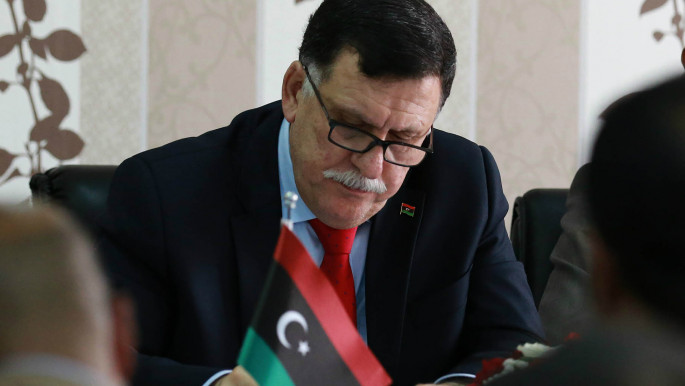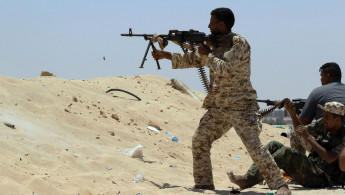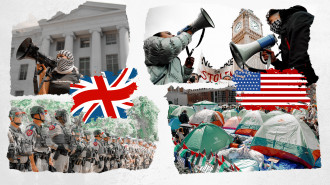Italian-backed reconciliation drive to end Libya divide 'running smoothly'
High-ranking Libyan officials from the UN-backed Government of National Accord [GNA] have held secret talks over the past month with rivals from the Tobruk-based government to resolve the country's political deadlock.
Officials have met in the Tunisian capital to discuss a road-map to end fighting between the two rival governments. It is hoped that the Italian-backed initiative will bridge the gap between the two rival authorities and secure rapprochement, a prominent Libyan political source has said.
Libyan militias are embroiled in a complicated war, which includes armed groups allied to the two competing governments - in Tobruk and Tripoli - who are both trying to take control over the country.
"Meetings have been held with Italian Prime Minister Matteo Renzi and Foreign Minister Paolo Gentiloni, who have expressed their support for the proposal," the source, who spoke on the condition of anonymity, told The New Arab.
"Algeria and Egypt will soon be notified, and Saudi Arabia has already been contacted to discuss the support of neighbouring and Arab countries. A mixed Libyan delegation will head to these capitals to present the steps of the initiative," he added.
 |
|
| The GNA has been in office for three months [Getty] |
One of the main aims of the initiative is to end distrust between the rival seats of power and encourage militias to hand over their weapons through a comprehensive amnesty programme.
"It will span five years, beginning with reconciliation then the rebuilding of state institutions in a manner that ends the east-west divide and excludes no parties," the source said.
He said that a number of meetings have have taken place between representatives of the two governments, and differences have been overcome. Future meetings will include Tobruk's chief military ally General Khalifa Haftar and other militia leaders.
"Everyday Libyans are fed up with the GNA and its failure to improve living conditions, everyone now is convinced that solution will not come from abroad and it must come from within the country," the source added.
The GNA is facing a fearsome set of military, economic and political challenges since Libya's prime minister-designate Fayez al-Sarraj sailed into the capital Tripoli under naval escort and set up the headquarters of his country's unity government in March.
The GNA's allied militias have made major advances against the Islamic State group [IS] in its stronghold of Sirte, on the Libyan coast.
The country's economy - hard-hit in the wake of the 2011 uprising - continues to struggle amid power cuts and a cash crisis at banks.
Neither administration has been able to rein in militias that have fought for control of the country since the 2011 fall of former dictator Moammar Gaddafi.



